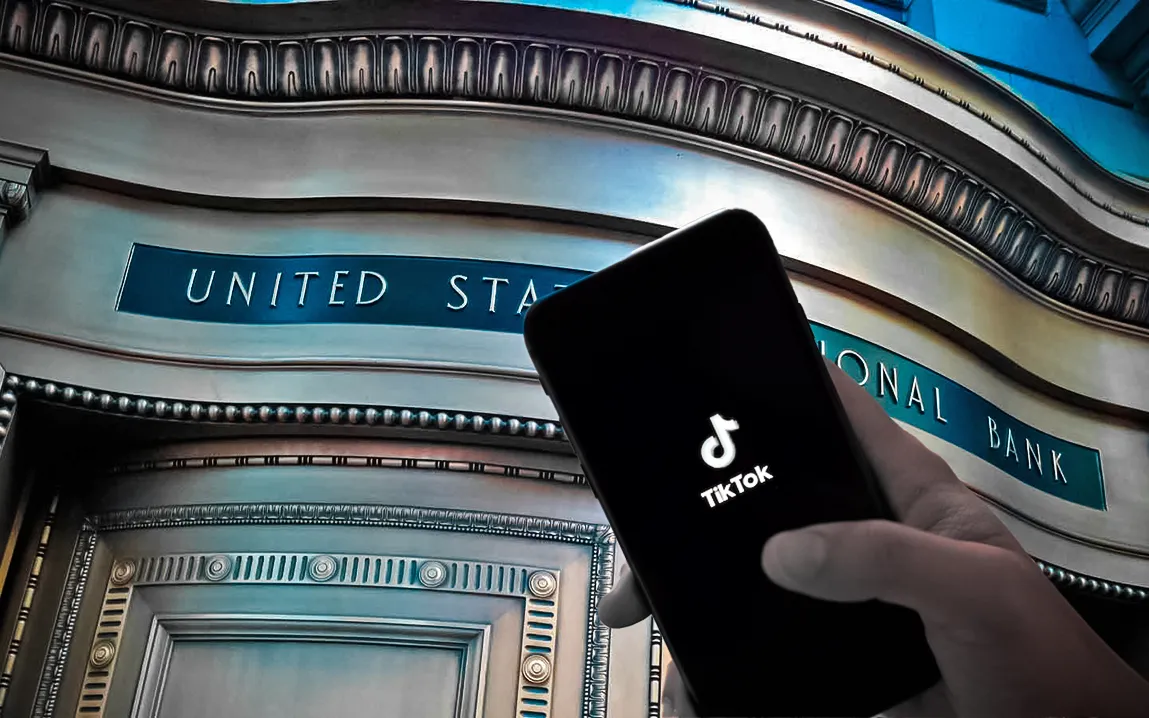TikTok and ByteDance are getting ready to fight against a potential ban by the U.S. Justice Department in a significant legal battle with implications for digital rights and content governance. The conflict, scheduled to take place in court, revolves around worries regarding data privacy, cybersecurity, and geopolitical tensions which have increased examination of the app’s activities.
The issue began with concerns from both political parties in Congress and national security officials over the possibility that the Chinese government could obtain data from TikTok because its parent firm, ByteDance, is based in China. Critics claim that TikTok, which has over 100 million users in the United States, poses a threat to national security since it collects a vast amount of personal information.
In response to these concerns, many American organizations have banned TikTok on government-issued devices, and there is increasing support for a wider ban. Similar to the earlier situation with Huawei, which led to major restrictions on the Chinese telecom company in the United States, TikTok is now at the heart of larger technology tensions between the United States and China.
TikTok has provided substantial backing for its data security procedures. According to the corporation, it has severed its data-sharing ties with China and implemented stringent data protection measures. To satisfy regulatory concerns without enforcing a ban, TikTok has also proposed a comprehensive transparency project that will allow for external assessments of its content moderation and data security protocols.
Legal experts anticipate a fierce legal struggle in the courtroom since the lawsuit will question the jurisdiction of US regulations over international technology companies and set a precedent for internet freedom and privacy. It is anticipated that TikTok would challenge the national security justification for the ban as well as its effects on free expression and American business.
The result of this legal dispute has significant consequences not just for TikTok, but also for the wider realm of international tech activities in the U.S., impacting the treatment of other foreign-owned platforms going forward. A ruling against TikTok may encourage more government regulations on tech firms, potentially changing the digital content and social media landscape worldwide.
Both the tech and legal communities have their eyes on the situation, eagerly anticipating the courtroom proceedings. This situation brings attention to the continuing issues surrounding data privacy and national security, as well as the difficulties of managing a globally interconnected digital environment. The decision, likely to be challenged no matter what the result, will certainly have a wider impact outside the courtroom, influencing millions of users and the future direction of international tech involvement in the U.S. market.




